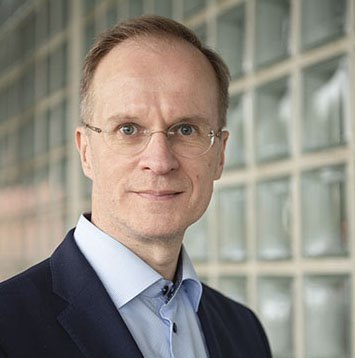This spring, the University of Eastern Finland will take a significant step to improve the status of its grant-funded researchers. Starting from June 2021, grant-funded researchers will have the opportunity to conclude a part-time contract of employment with the university. This provides them with access to benefits that are normally associated with contractual employment and makes them an increasingly integral part of the academic community. In Finland, grant-funded researchers typically do not have a contract of employment with the university; instead, they work as independent researchers supported by grants and scholarships awarded by various foundations and associations.

“A contract of employment with the university significantly improves the status of grant-funded researchers and makes them increasingly equal members of the academic community. Having a contract of employment gives them access to many benefits normally associated with contractual employment, including occupational health care and insurance coverage, office space when needed, and other services provided by the university,” the University of Eastern Finland’s Academic Rector Tapio Määttä says.
“Grant-funded researchers are an important part of the university. We want to make sure that they have an equal opportunity to become full members of the academic and scientific community, and to build their academic careers,” Määttä says.
From June 2021 onwards, the University of Eastern Finland will conclude a part-time (10%), at least one-year contract of employment with grant-funded researchers at their initiative, provided that certain conditions are met. A contract of employment will be concluded when the grant has been awarded by an external organisation and the grant period lasts for at least one year. The conclusion of a contract of employment also requires, e.g., that the researcher and their academic department reach an agreement on the researcher’s duties. The researcher must conduct their research and reside in Finland during their contract of employment.
“I believe that many foundations and funds awarding grants will support our system by approving a concurrent contract of employment with the university. It is in the interests of both the university and grant-awarding organisations to improve the status of grant-funded researchers and to make them feel like they are full members of the academic community,” Määttä points out.
The University of Eastern Finland is also taking other measures to improve the workplace well-being of grant-funded researchers.










